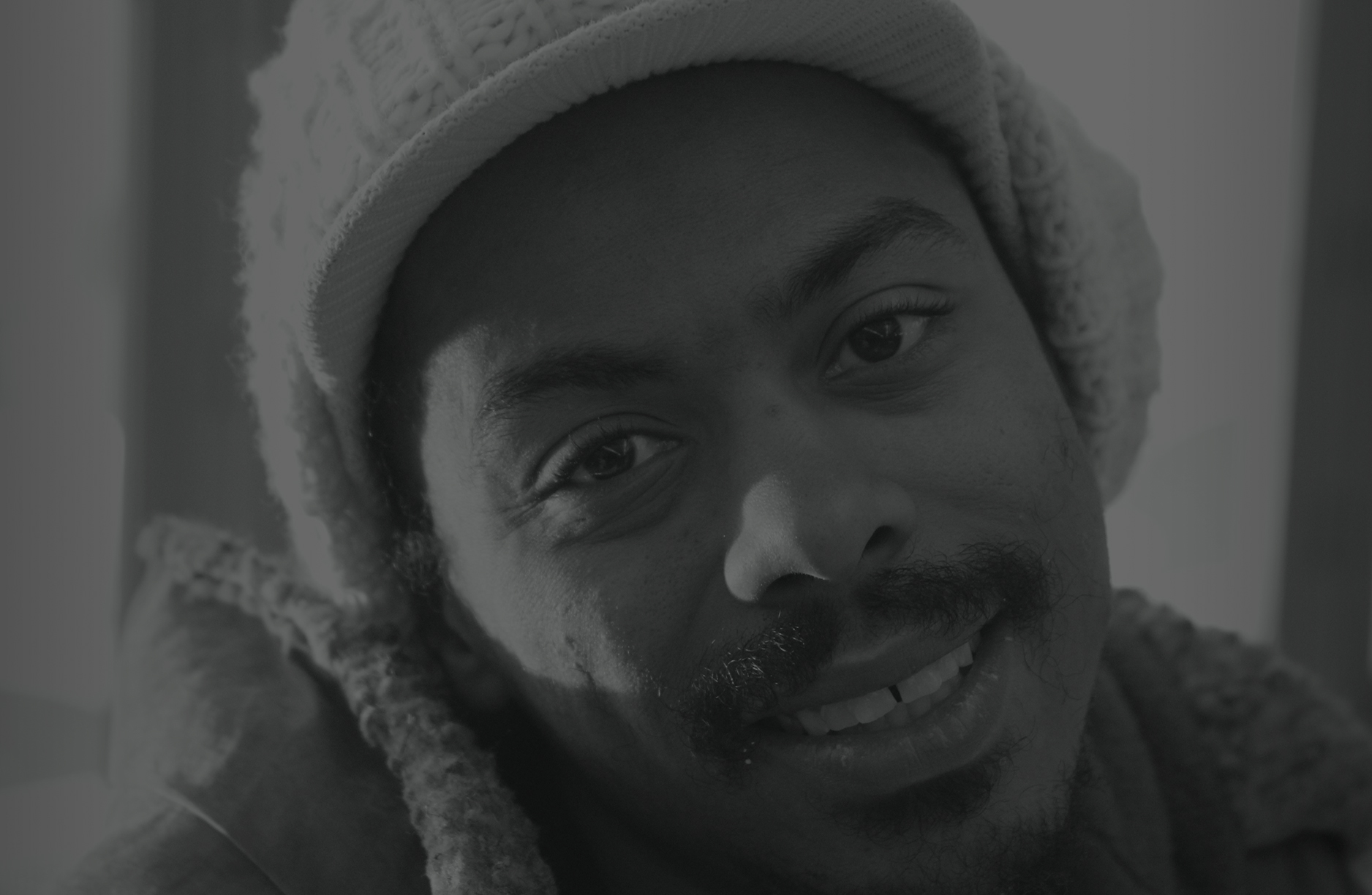Stories of our Health Care for the Homeless community connect us to others and are key in building support for our work to end homelessness.
Our stories
We are people who need health care and supportive services. We are children and we are seniors. We are physicians, therapists and fundraisers. We are donors. We are advocates. We are volunteers. We know homelessness first-hand.
Why storytelling?
Storytelling changes our perspective.
When homelessness goes from being an issue to being the experience of somebody we know, it changes us, and it changes our ideas about homelessness and all that causes and comes with it.
Storytelling makes complex issues accessible.
People are often overwhelmed by words and numbers when trying to understand complex issues like poverty, health care and homelessness. Stories about real people living those issues offer an accessible and unique perspective that a PowerPoint or pie chart cannot.
Storytelling offers insight into systematic issues.
Homelessness is the result of systemic racism and poor policy decisions. Through personal stories we can identify patterns that point at those systemic issues, and gain important insight into meaningful ways to address them.
Storytelling strengthens community and resolve.
People connect to people. Stories create those connections. When we begin to understand each other, we're better able to work toward change—together.
Passing the mic to clients
In order to advance our mission to end homelessness, we have to increase public understanding about the issue. We have to dispel the stereotypes and give the problem a human face. The very best way to do that? Empower clients, those who have and are living the experience of homelessness, to tell their own stories.
Words from our community...
Britney Dancy
“I didn’t know how long it would take. But I knew eventually I would be back in my own home again.”
Melvin Jones
“Yeah, I was homeless, but I still had—and have—dignity. And now I have so much else.”
Nate Thomas
“Health Care for the Homeless gave me an opportunity. They took a chance on me when other people wouldn’t. Health Care for the Homeless is home. I’m never leaving.”

A resident of Sojourner Place at Oliver, Kaelah Jordan grew up "a huge nerd" with a deep curiosity for the world around her. She dreams of creating a children's sanctuary to help kids of color who are being let down by the system. "Can you imagine the world that we can bring to fruition?"



